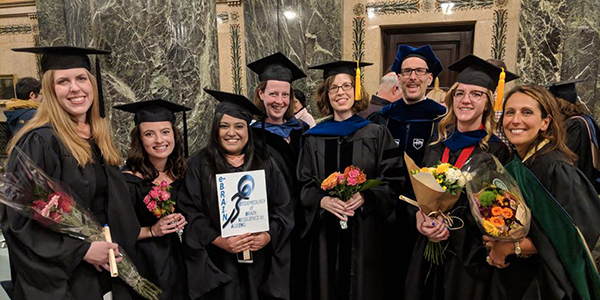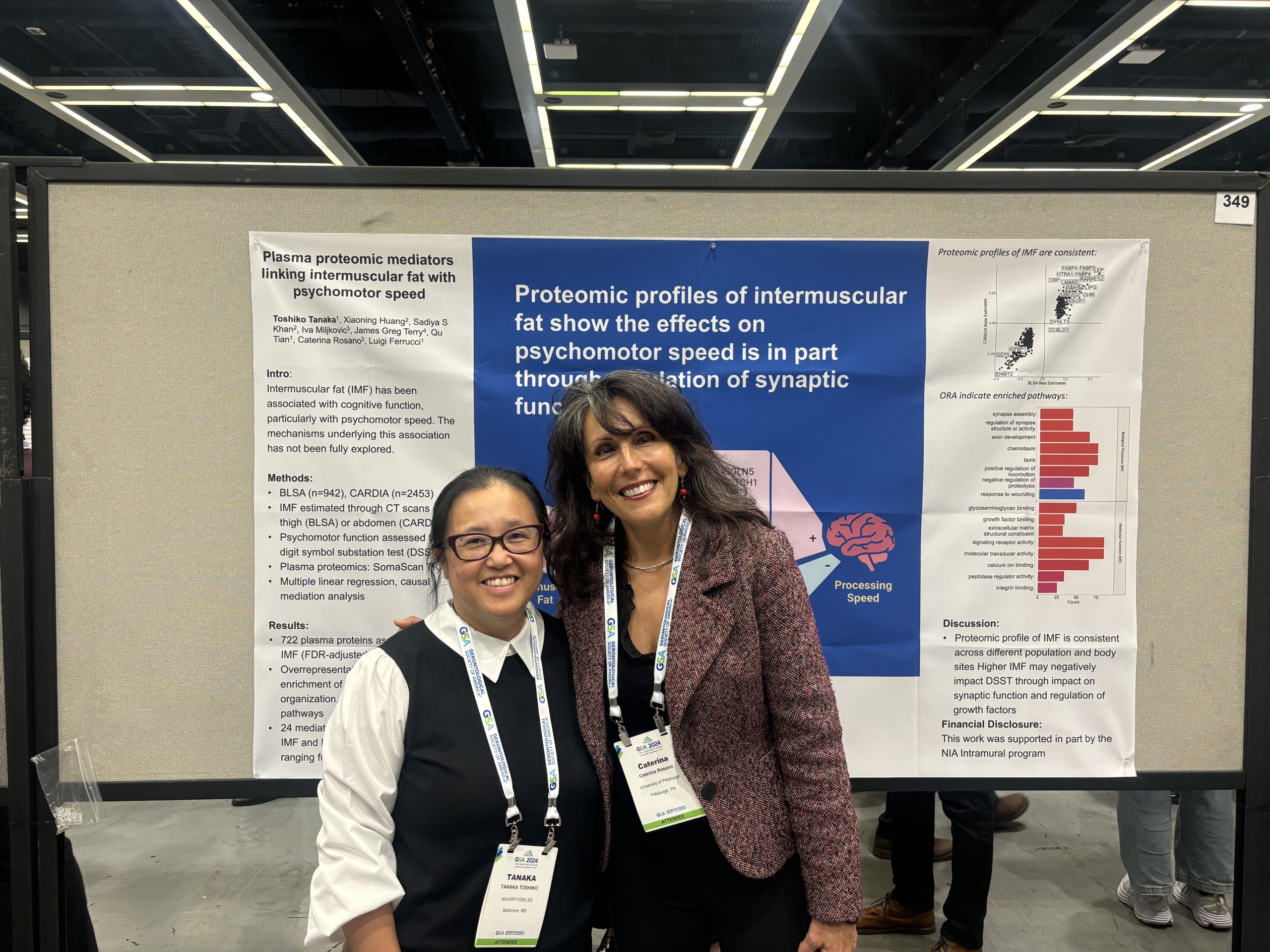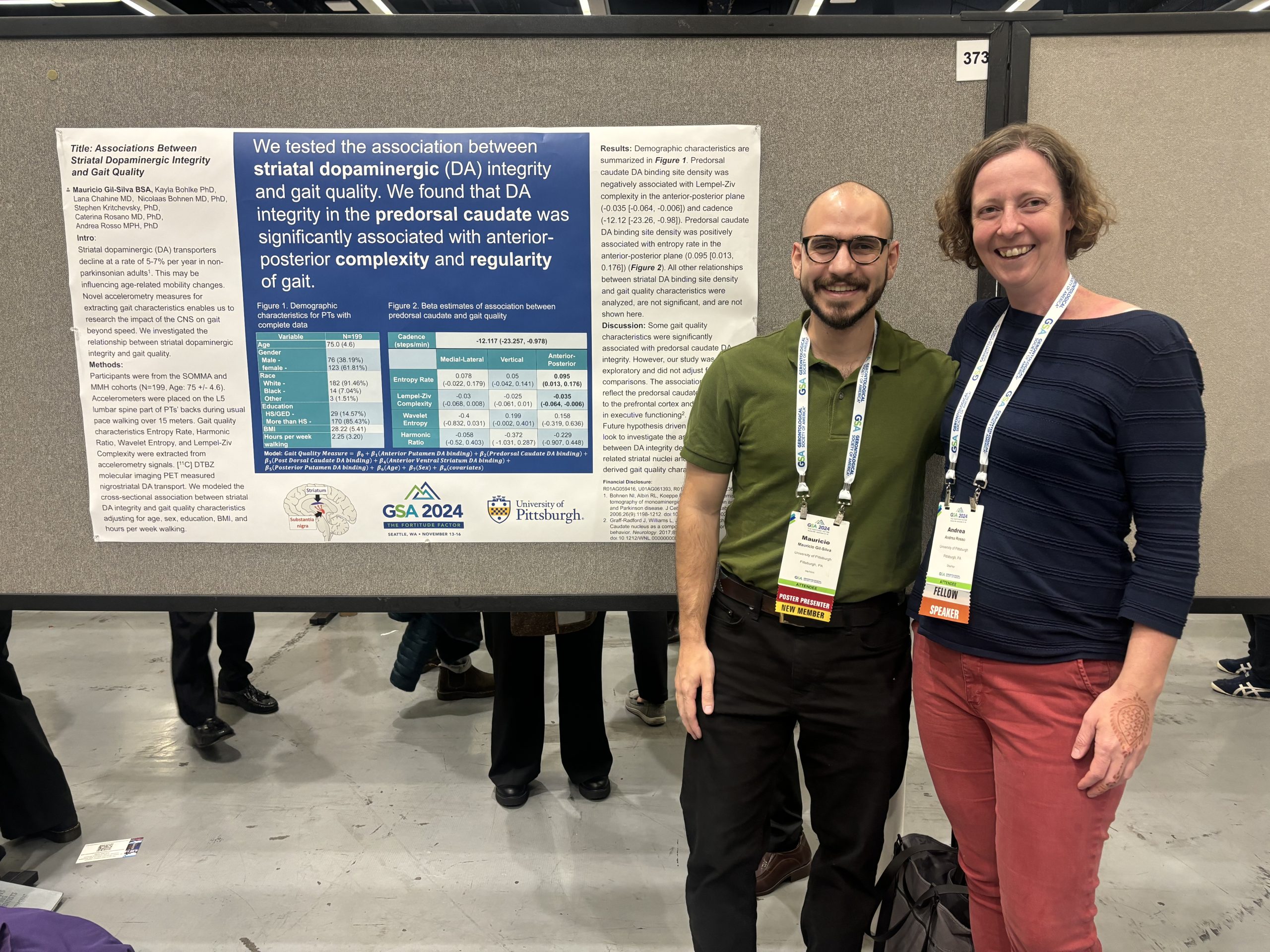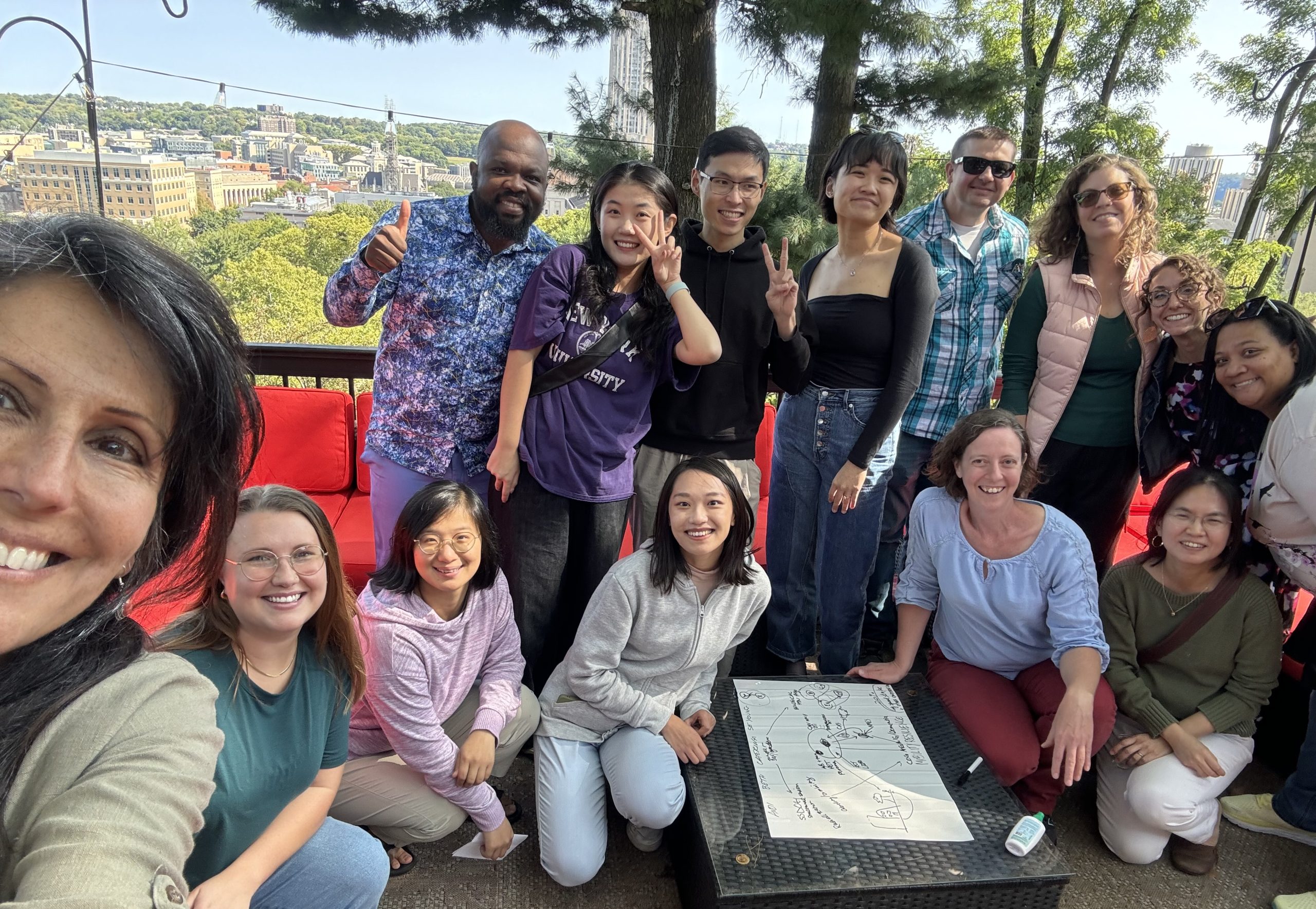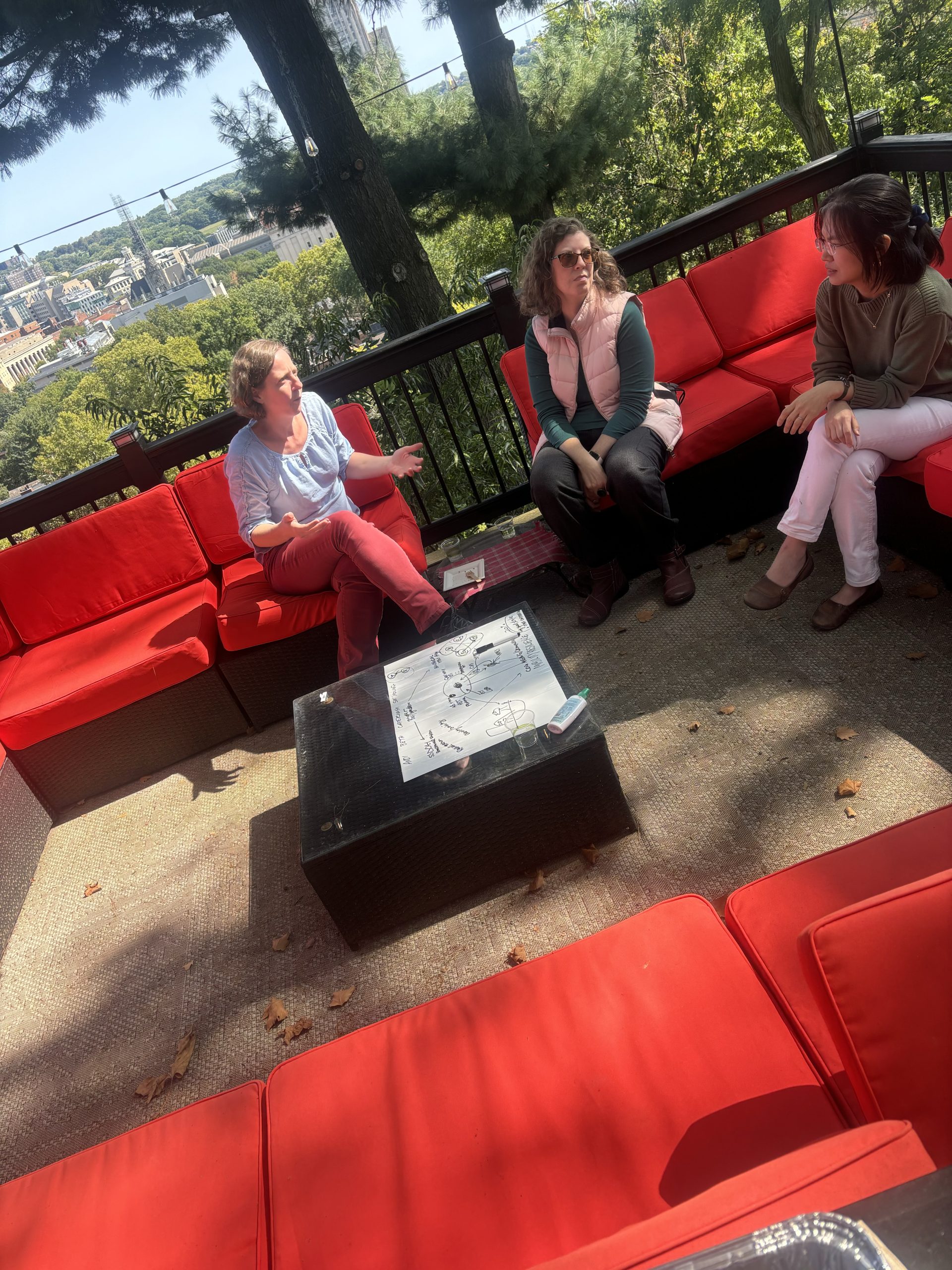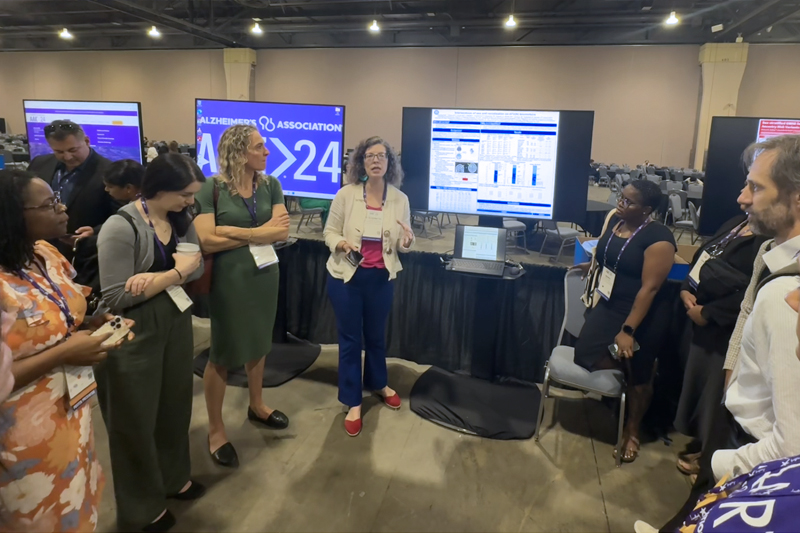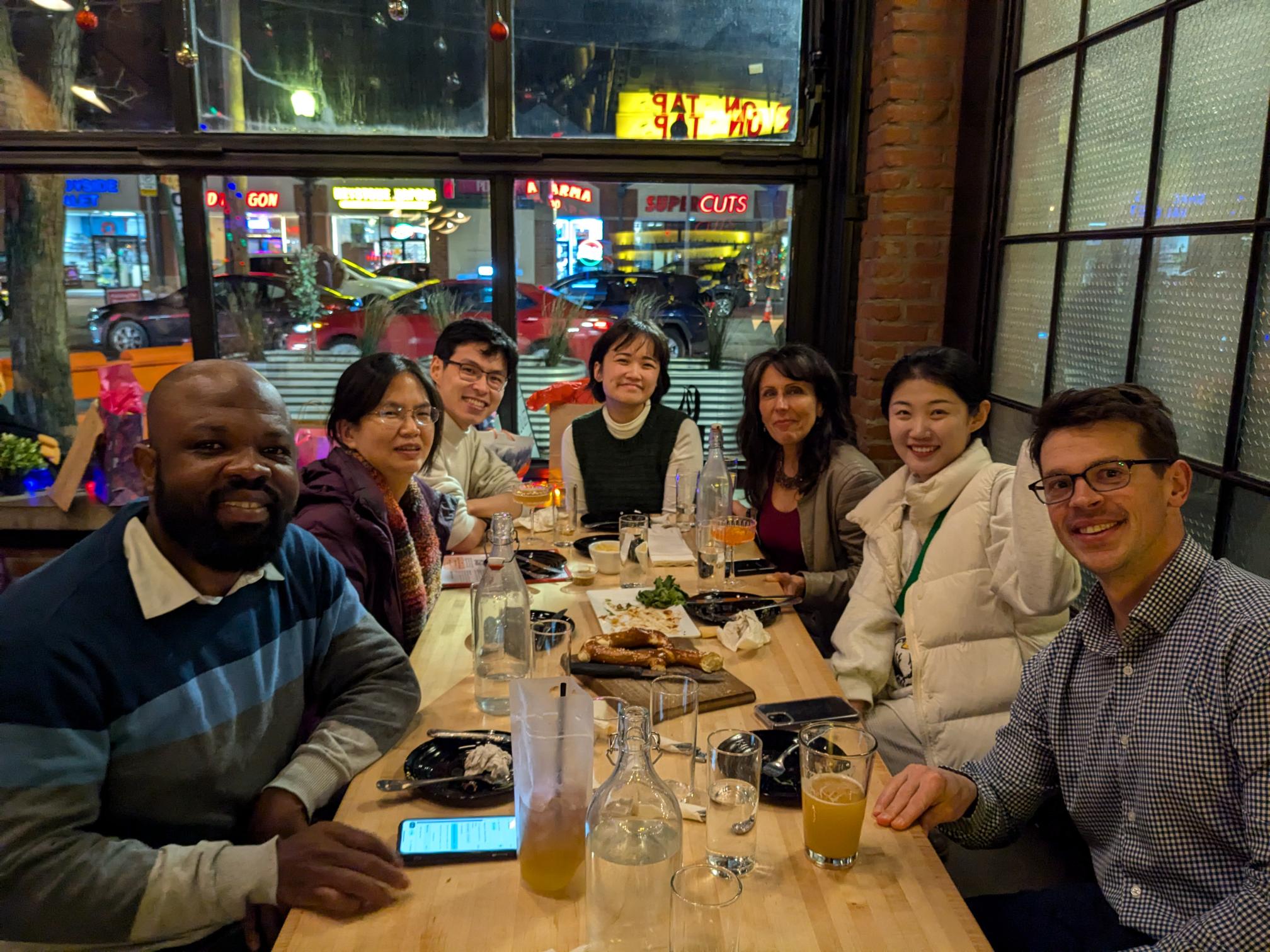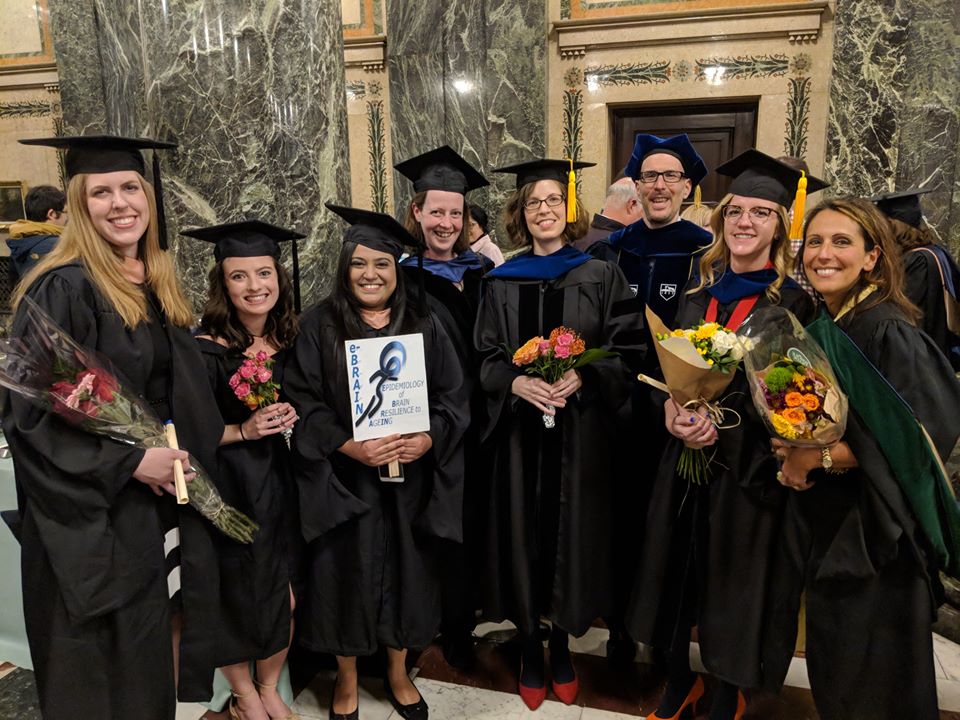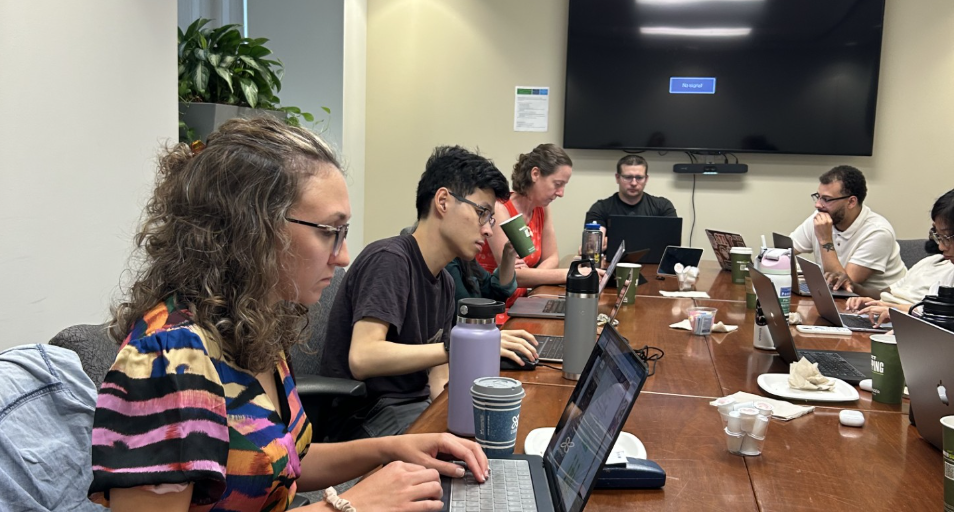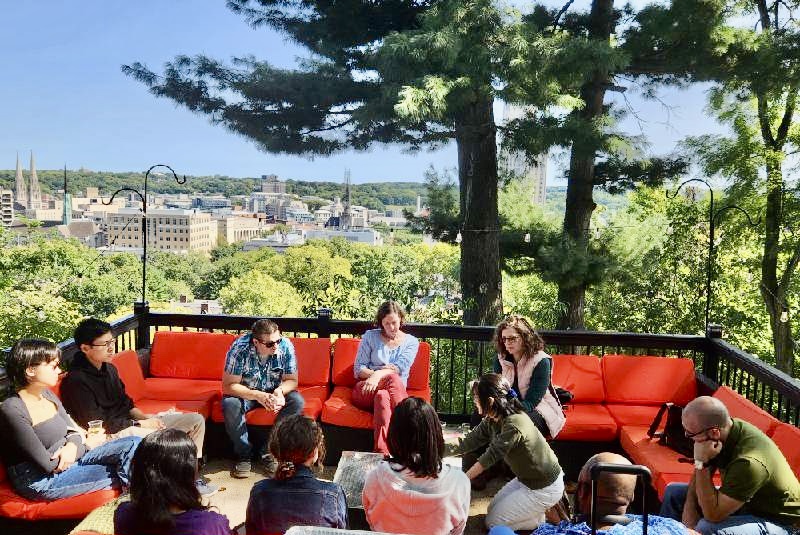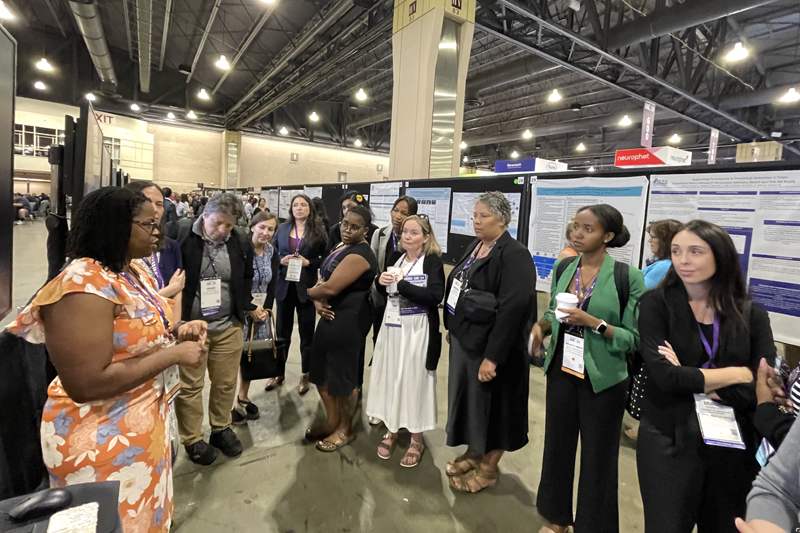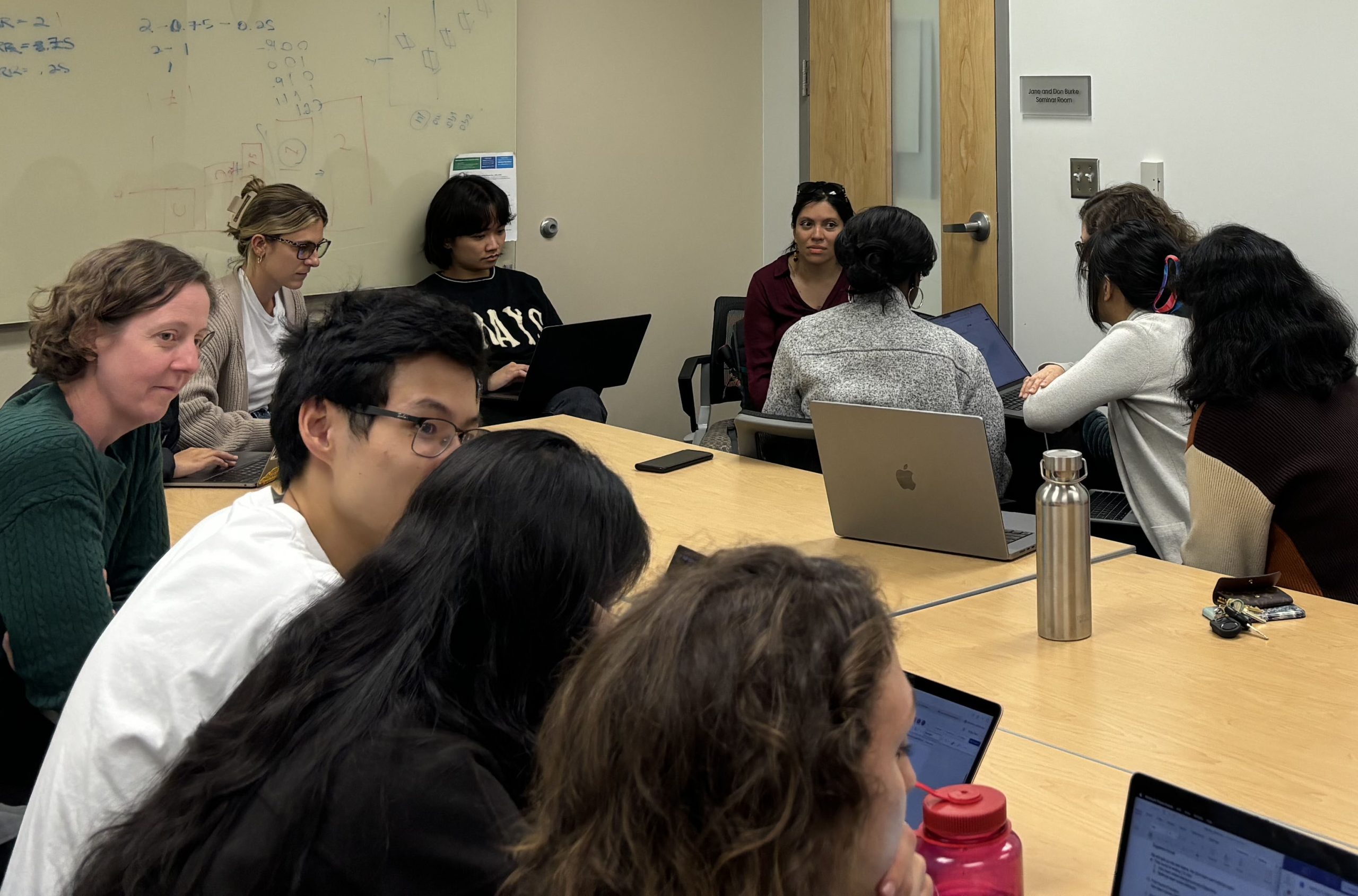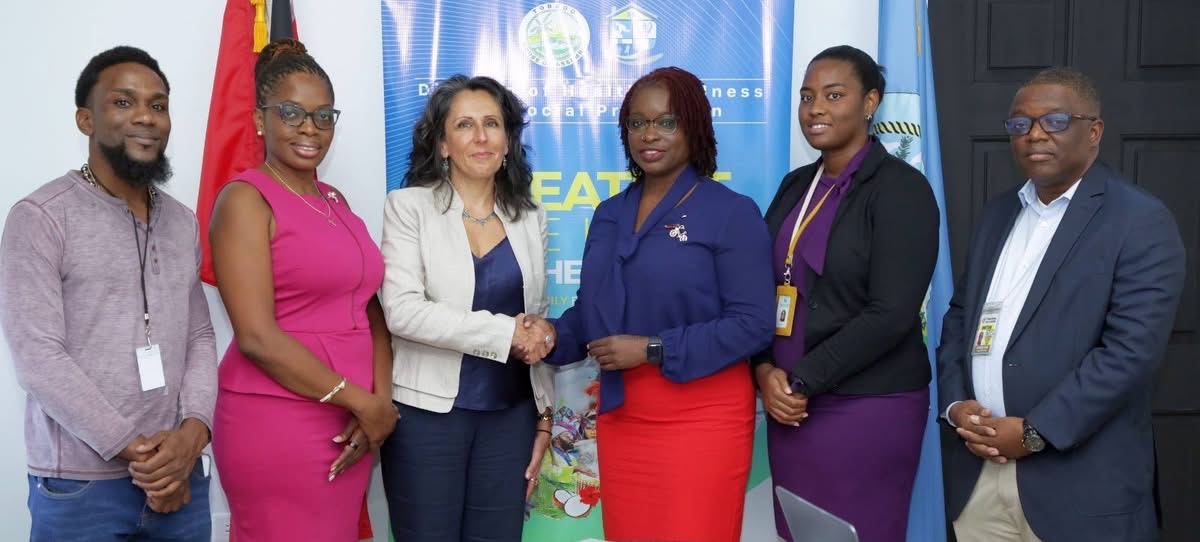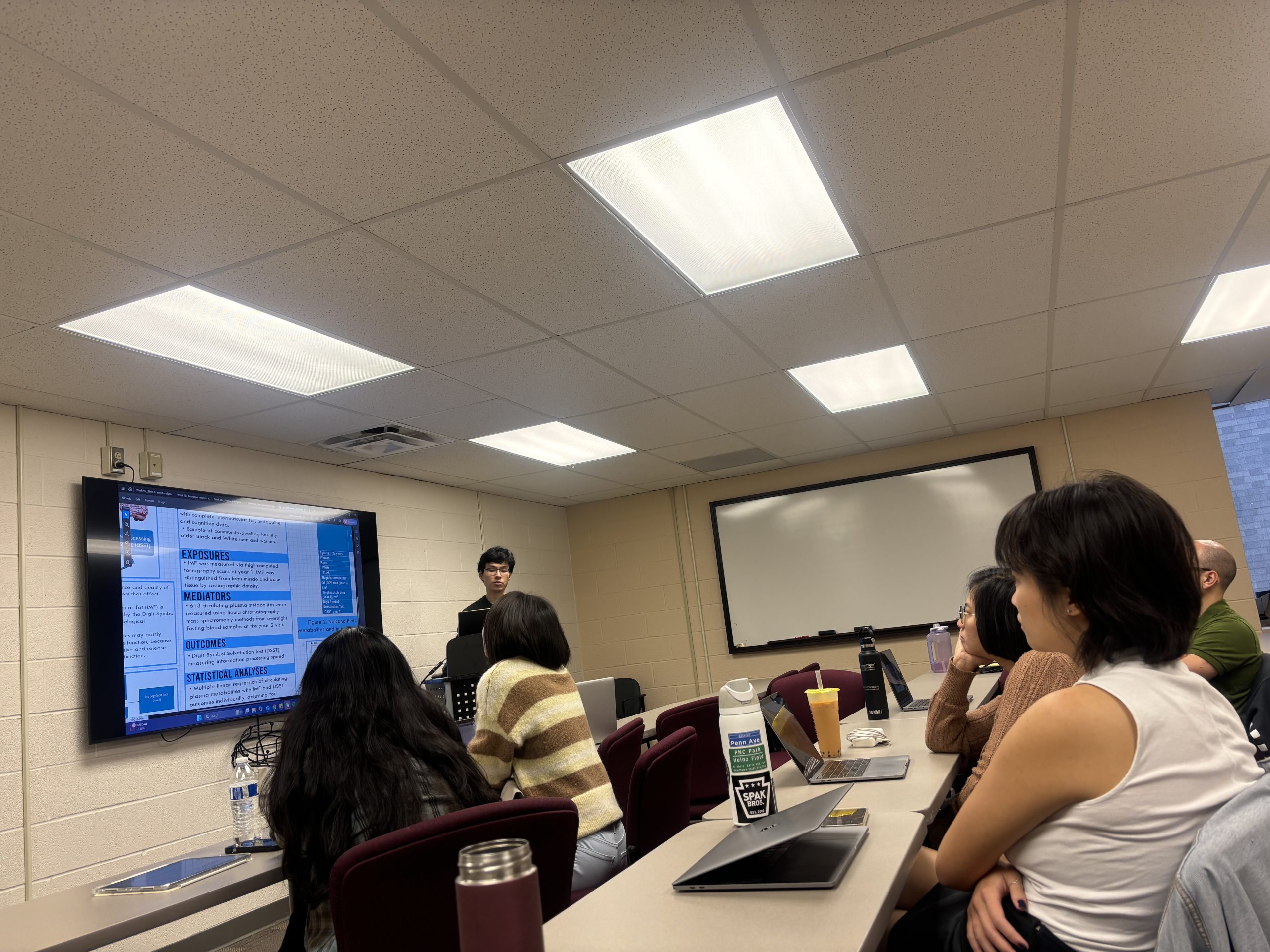Faculty

I am a physician-scientist specializing in Population Neuroscience of Aging. I am especially interested in the neurobiological drivers of successful aging.
Although older age is typically associated with a seemingly inevitable performance decline, we have evidence that some older adults appear resistant and resilient to the effect of aging. Based on our discoveries, we believe that there are distinct neurobiological characteristics that can explain why some people age better than others and why some people respond to treatment better than others. We also believe that enhancing these neurobiological drivers of resilience can enhance function.
Andrea Rosso, MPH, PhD
Associate Professor, Epidemiology, Clinical and Translational Science Institute
I am an Associate Professor in the Department of Epidemiology and director of the BEAM (Brain, Environment, Aging, and Mobility) lab. My research assesses the intersection of mobility and cognitive function as well as understanding context (neighborhood environments and social determinants of health) in older adults. I apply methods such as wearables to understand mobility in daily context, functional near-infrared spectroscopy to assess brain involvement in walking behaviors, and residential histories to understand lifecourse environmental exposures. My work encompasses national cohorts as well as local, community-based cohorts. The goal of my research is to identify targets for prevention of disability, dementia, and loss of independence among older adults.


I am an Assistant Professor of Health Promotion & Development in the School of Nursing and the Associate Director of the University of Pittsburgh Alzheimer’s Disease Research Center Outreach, Recruitment, and Engagement (ORE) Core. I have postdoctoral training in Population Neuroscience of Alzheimer’s Disease and Related Dementias, including training in neuroimaging biomarkers, and graduate training in Population Neuroscience of Aging and ultra-high field MRI imaging of cerebral small vessel disease (PhD), neuroscience (MS), and social and behavioral determinants of health (MPH).
I integrate epidemiology, biostatistics, neuroscience/neuroimaging, and psychology to study vascular contributions to cognitive impairment and dementia (VCID), including Alzheimer’s disease (AD), using a Population Neuroscience framework. I have been funded by NIH through prior T32 and F31 awards. My research focuses on identifying promoters of cerebral small vessel integrity to prevent AD and related disorders and has included evaluation of growth factors, physical activity, and vascular risk factor reduction. Present work includes an NIA funded K01 applying a Population Neuroscience approach to evaluate gender/sex influences on the cerebral small vessel disease-to-AD pathophysiological cascade and Co-I work on an NIA-funded P01 evaluating the role of astrogliosis in aging and AD and an NIA-funded R01 evaluating cognition and brain health in people with a history of hypertensive disorders of pregnancy. My aim is to gain insight into gender-related and sex-specific intervention targets to reduce AD and promote brain health equity.
Dr. Kim received her B.S. in computer engineering in Seoul National University, and her Ph.D. in computer science with a focus on statistical machine learning in the University of California, Irvine. She completed her postdoctoral training in the Machine Learning Department at Carnegie Mellon University. She was an assistant and associate professor in the Computational Biology Department at CMU. Her research focus has been at the intersection of machine learning, statistical genetics, and computational genomics. She is a recipient of NSF Career Award, Sloan Research Fellowship, and Okawa Foundation Research Grant.

Collaborators
Current Trainees in Population Neuroscience
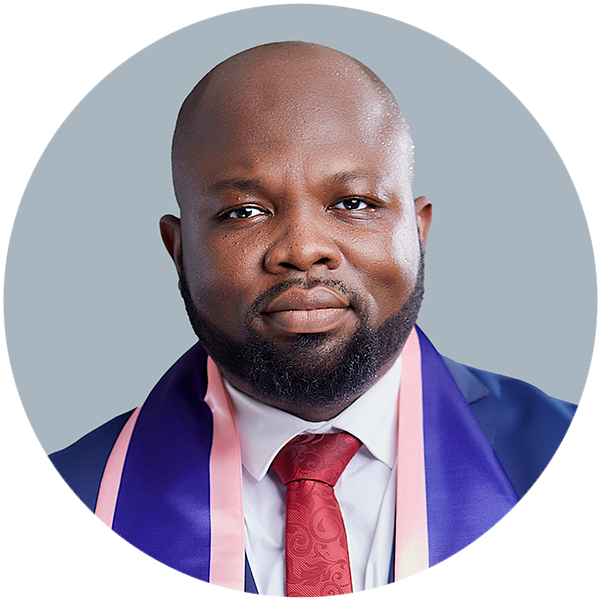


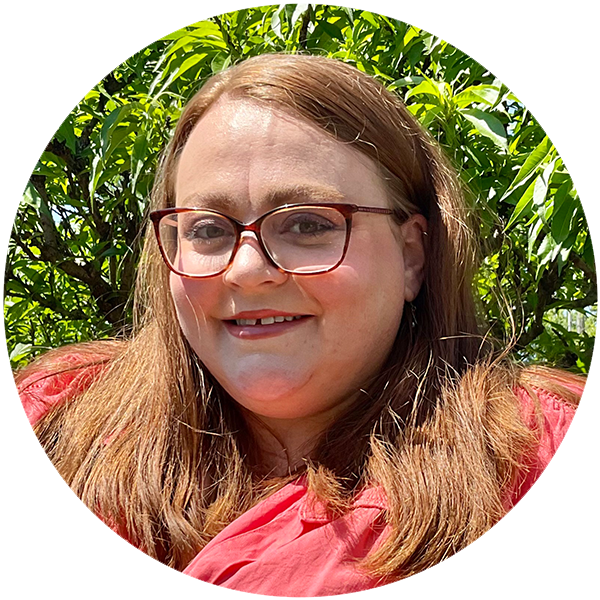
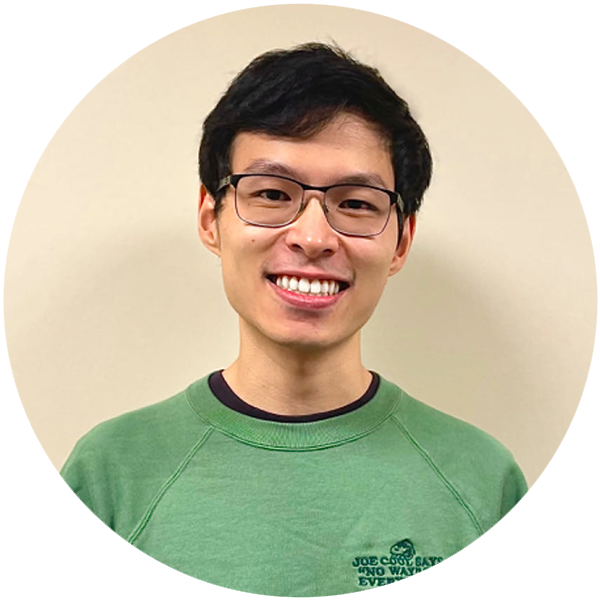



Former Trainees and Scholars in Population Neuroscience

Qu (Teresa) Tian

Vijay Venkatraman

Mauricio Gil-Silva

Anthony Zomalt
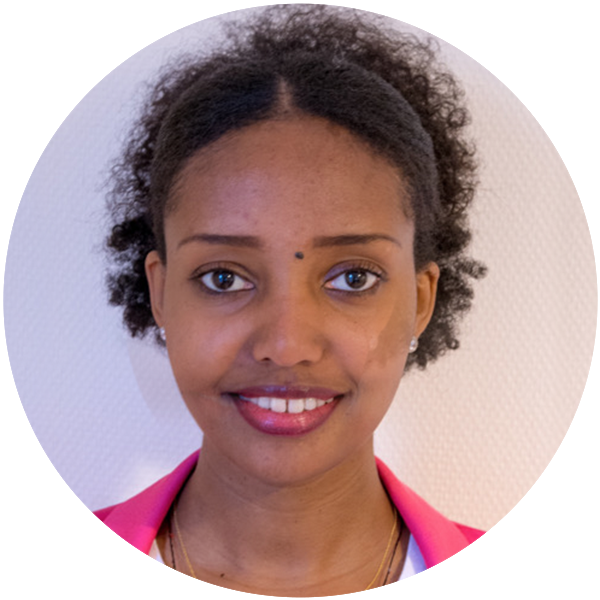
Menayit Tamrat Dresse, MD, MSc

Emma Monroe Baillargeon, PT, DPT, PhD

Kailyn Witonsky
Alexandria Reese, B.S
Staff








